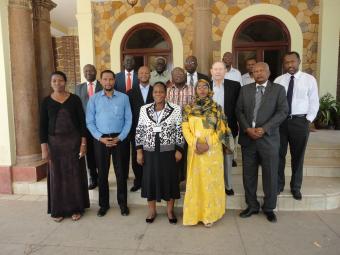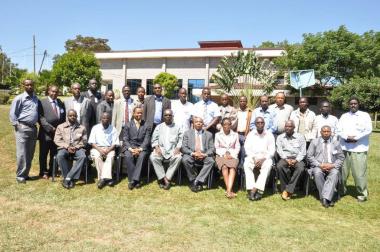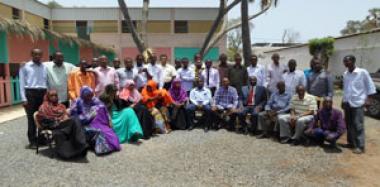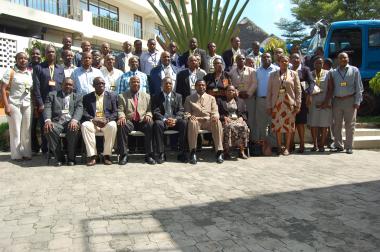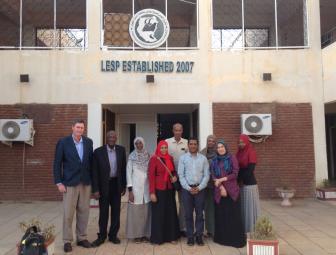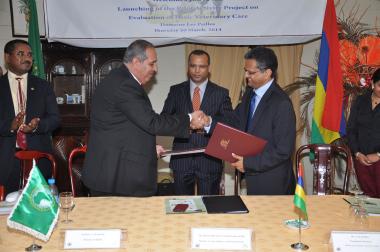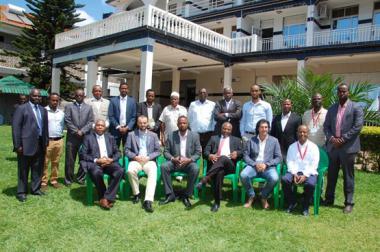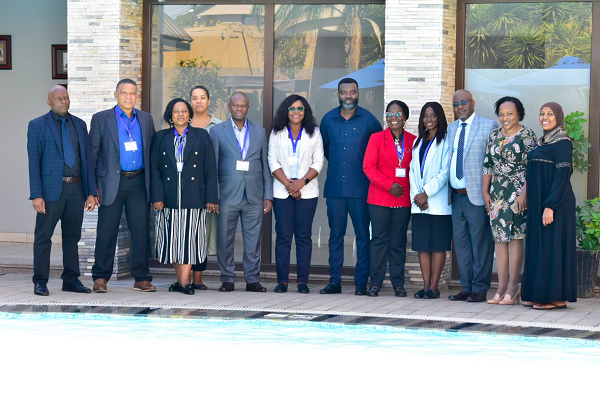
26 - 28 August 2024, Lusaka, Zambia
Africa's agricultural development is crucial for its growing population and the establishment of the AfCFTA Agreement. However, food safety remains a significant challenge, with Africa accounting for 30% of global foodborne illnesses. The African Union (AU) is addressing these issues through programmes like the African Union Sanitary and Phytosanitary (SPS) Policy Framework and the Food Safety Strategy for Africa. These initiatives aim to harmonize food safety standards, ensure consumer health, and facilitate safe trade. A Rapid Alert System for food and feed (RASFF) is also being established.
In keeping with these objectives, the African Union Commission is organising a consultative workshop on the development of the RASFF in Lusaka, Zambia, from the 26th to the 28th of August 2024. The workshop is key to establishing a continental RASFF system that would ensure public health protection, AfCFTA's aspirations, and improved agricultural and economic resilience of Africa. AU-IBAR is taking part in this meeting, to provide expertise through its representative, Mr. John Opong – Acting Coordinator of Economics, Trade and Marketing Unit at AU-IBAR.
Food safety incidents arising from accidents, insufficient controls, food fraud, or natural events present considerable threats to public health and commerce. To navigate these challenges effectively, a harmonious collaboration
among policymakers, food safety authorities, farmers, food business operators, and consumers is essential. Yet, overseeing food safety in Africa's domestic markets, particularly in informal settings, continues to be a daunting task, resulting in significant health and economic repercussions.
The World Bank approximates that productivity losses linked to unsafe food in national markets are 40 to 50 times higher than trade costs. This highlights the urgent need for a paradigm shift in how food safety is managed across Africa, particularly in markets that are a lifeline for millions.
The challenges facing Africa's food systems change as economies develop and transform. Many Low- and middle-income countries, especially in Africa, often lack the capacity to address emerging food safety risks, exacerbating the socio-economic burden despite economic growth. Addressing the challenges in food safety requires strengthening food safety policies, legal frameworks, and institutional capacities, as emphasized in both the AU's Food Safety Strategy for Africa and the SPS Policy Framework.
This workshop thus aims to move forward the Comprehensive Africa Agriculture Development Program's Malabo goal of tripling intra-Africa and global trade by supporting the AfCFTA's Annex 7 objectives as stipulated in the AU's SPS Policy Framework and Food Safety Strategy for Africa. This work sparks off the different national, regional, and international RASFF systems in terms of operational models, successes, challenges, and best practices. The major identified areas focused on including presentation of existing systems, identification of success factors, technical, financial, and institutional barriers, and stakeholder engagement and collaboration.
The workshop on harmonising a continental RASFF system is one of the key efforts to enhance food safety, protect public health, and facilitate trade in Africa. Using shared experiences, best practices, and collaborative strategies, stakeholders are marching jointly towards a safe and resilient food supply chain under the AfCFTA and beyond.

